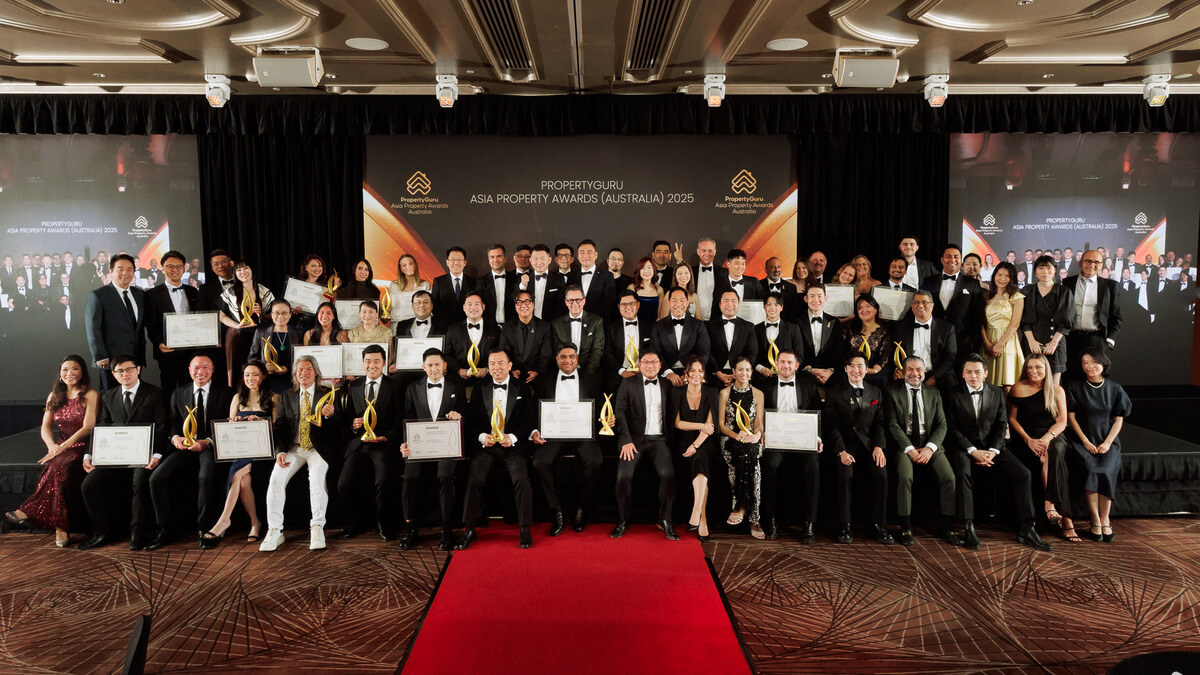- New technology to manufacture concrete from recyclable rubber tyres
- Is stronger and more durable than the traditional product
- Expected to boost the circular economy
For years, researchers have found new and innovative ways to manufacture recycled concrete aggregates made with everything from coffee cups to building rubble.
Despite offering huge environmental benefits, from reducing landfill and carbon dioxide emissions, there have been challenges matching the strength and durability of traditional concrete, ultimately hindering the practical application of these sustainable alternatives.
Now researchers from RMIT University have developed a new technology that is environmentally friendly but does not sacrifice strength and durability.
Professor Yufei Wu from the School of Engineering led the development of the new method called Rubberised Concrete Processing Technology (RCP-Tech), which casts prefabricated concrete products made with rubber tyres and construction and demolition waste that are up to 35% stronger than traditional concrete.
The method involves combining a mix of coarse and fine aggregates with rubber tyre waste, cement and water which is then compressed to its minimum volume using pressure in a customised mould.
“By enhancing the properties of the recycled waste without the use of any additional materials, we have developed a feasible and practical solution that addresses the performance issues affiliated with waste recycling in concrete,” Wu said.
The technology will look to reduce the health, environmental and landfill problems left by waste rubber tyres due to its flammable and non-decomposable nature.
PhD researcher and RCP-Tech co-creator, Syed Kazmi, said the team was now looking to partner with the precast concrete industry to manufacture and test prototypes of products like blocks and roadside barriers, wall panels, beams and slabs.
“The technology can be easily applied in the precast concrete industry and requires very little change to existing manufacturing processes with the addition of just one extra step in the final stage of production,” he said.
Kazmi and fellow PhD researcher Muhammad Munir presented the technology at the City of Melbourne Open Innovation Competition 2020 where they were finalists. They were also awarded the RMIT LaunchHUB prize for their work.








